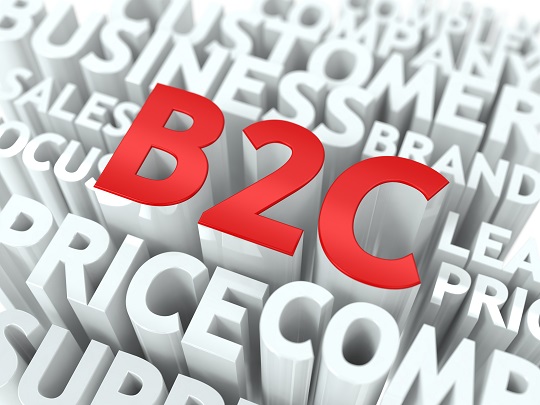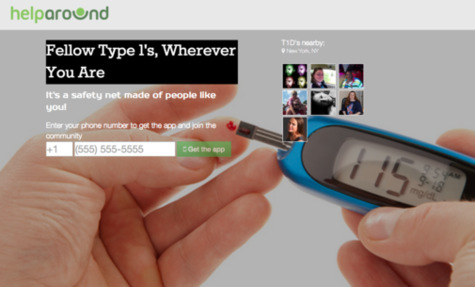By Manpreet Singh
Integrity is crucial to a successful business, and nowadays too many companies show little integrity in their marketing approach. From lost revenue to legal action, there are a multitude of reasons why dishonest marketing isn’t worth its hidden costs and risks. Below are four easy ways to ensure that your sales approach stays truthful.
Say/Don’t Say Sheets
The simplest way to promote sales ethics is to print something out about it. At TalkLocal, we ensure our sales team’s honesty by issuing them lists of possibly misleading statements they shouldn’t use, and more clearly-worded alternatives that won’t misinform customers. For example, our sheets warn against saying “We have so many requests in this area for your business to serve!” and instead suggest saying “We are expanding in your area and getting more requests.”
Oversight
Employee monitoring is a surefire way to catch marketing dishonesty early, but too much of it can create bitterness and distrust. On a surveillance scale from 1 to the NSA, your goal is no more than a 5. If recording calls is too heavy-handed (or expensive) for your sales team, keeping a supervisor within earshot generally suffices; we’ve implemented this easy solution without any problems.
Meetings
Your salespeople are more likely to stick to the truth if you talk to them about it. Spending a few minutes of a meeting discussing sales ethics can make a real difference in preventing deceptive practices. What’s more, promoting a culture of morality in your business can boost employee pride and, therefore, performance.There’s a one-letter difference between “morale” and “moral.”
Accepting the Negatives
No matter your industry, your customers value honesty; they can also usually tell when they’re being given a run-around. Encouraging your salespeople not to verbally dodge the downsides of your business or market builds trust with those customers. If done right, it can also keep the conversation going. As I drafted this article, I overheard one of our team members commiserating with a customer about the weak demand for landscapers during DC’s snowy winter. Within a few seconds, he’d shifted the conversation to the customer’s side job as a home contractor. He ended up making the sale.
Fighting dishonesty in your marketing and sales process doesn’t have to be difficult. A few simple safeguards can keep your approach truthful while providing your business with side benefits like happier employees and better quality control. Do for your business what you do in life – just keep it real.











